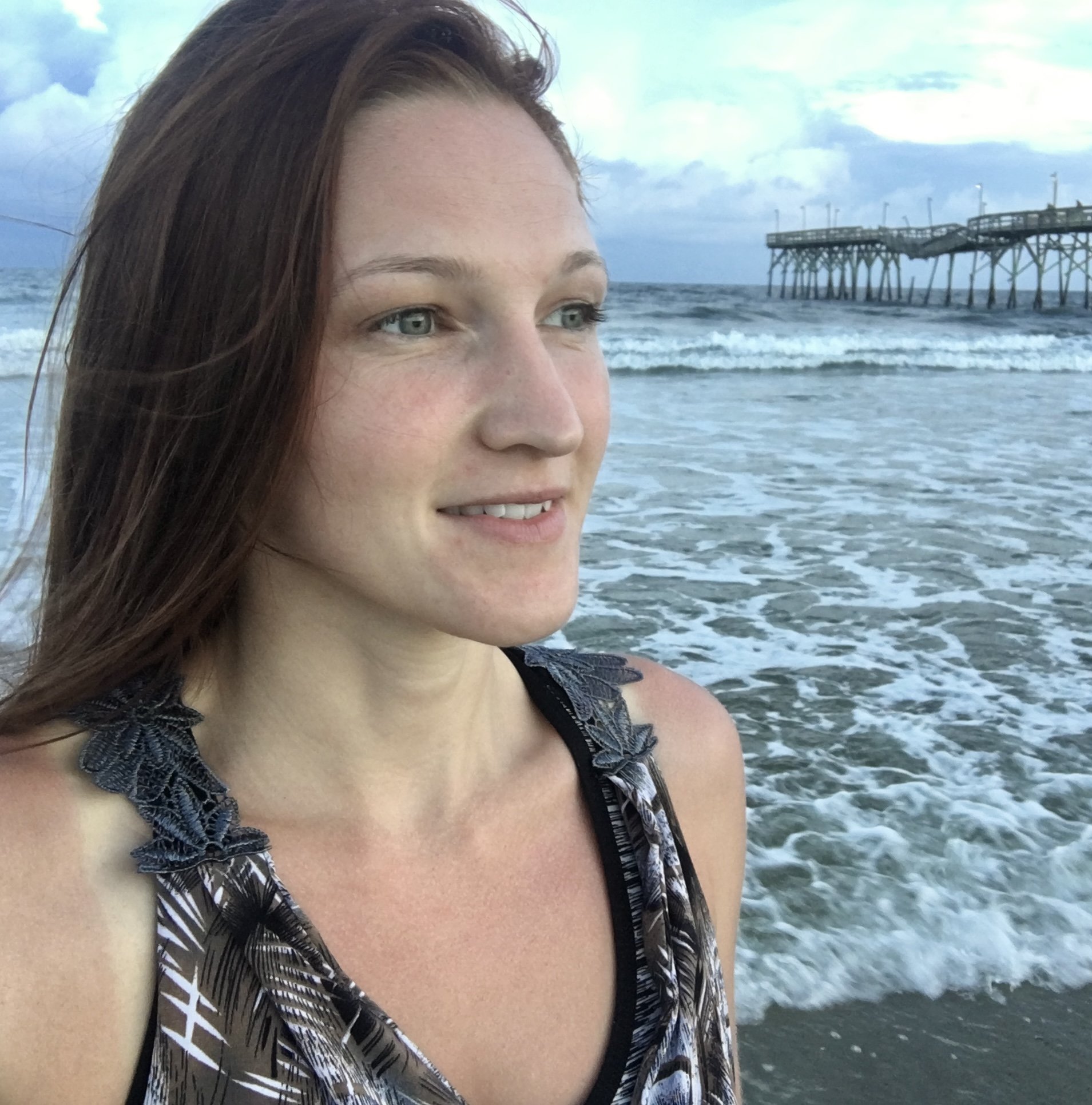Meet the Counselor
Shala Hill, LPC
Shala is a licensed mental health counselor and trained shamanic practitioner in Southeastern Ohio. She has been practicing the shamanic journey for over ten years, and has been providing counseling services since 2020.
Shala’s story:
I earned my bachelor’s degree from Ohio University in 2009, majoring in psychology. While I was fascinated by the human mind and experience, I found a purely scientific explanation to be limiting. I stepped away from formal education and began to ask the bigger questions about life, the world, and my place in it. This searching led me to find strength, meaning, and peace in nature. I was drawn to the teachings of North American indigenous peoples, connecting with a lost part of my heritage. I developed a practice of balance and discipline inspired by the Medicine Wheel and “The Four Agreements.”
From there, I studied the techniques of Core Shamanism under two local teachers, the late Crow Swimsaway and Bekki Shining Bearheart. Although I maintained a skeptical mind, I was consistently amazed by the power of these techniques, especially when combined with sincere inquiry and an ardent desire to connect with whatever greater force is “out there.”
Throughout this training I drew many parallels between spiritual principles and the basic concepts of psychology. In time, I found a purely spiritual understanding to be lacking in its own way. I questioned how many of these spiritual experiences were simply a product of the human mind? How much of this could be scientifically explained? Furthermore, would knowing “how” detract from the beauty of it all?
In my mind it would not. I have found that we are more connected to the world around us—and to the universal consciousness—than we’ve been led to believe. The human mind is an incredible tool. Our thoughts, our beliefs, our will, our actions, and our emotional energy are powerful tools that we must reclaim.
I felt driven to combine ancient practices with modern understanding, and to use all of the tools within my reach to help and heal others. This inspired me to pursue a graduate degree through Capella University, where I earned a master’s in Mental Health Counseling in 2019. I was drawn to the Person-Centered approach which is founded in the principles of genuineness, empathy, and unconditional positive regard for clients. However, I initially struggled to find evidence of shamanic techniques in modern practice—that is, until I looked more deeply into the teachings of Carl Jung.
One of the earliest theoriests in psychotherapy, Jung studied the unconscious mind, and claimed that it speaks to us through symbols and metaphor. He worked with concepts such as archetypes, including “the shadow,” the numinous (or sacred), and synchronisity, documenting these often in his practice. Jung was reported to be very close to nature, spending hours and days in quiet reflection. Indeed, he was sometimes called a shaman by those who knew him well. I consider shamanism to be both predecessor and counterpart to Jungian analysis, which is taught in higher learnng institutes across the world.
Continuing this search, I found other professional counselors, psychologists and even psychiatrists who employ shamanic approaches in their practice. Some of them have written books, articles, and developed theoretical foundations for integrating shamanism into mental health practice. I began examining modern approaches through a shamanic lense, and found that narrative therapy, schema therapy, and eco-therapy also carry components of a shamanic worldview.
Shamanism is a path of personal empowerment, growth, and existing in harmony with the world outside ourselves. As a shamanic counselor I take a truly holistic approach integrating mind, body, spirit, and environment.
“Each of us has a unique part to play in the healing of the world.”
—Marianne Williamson
